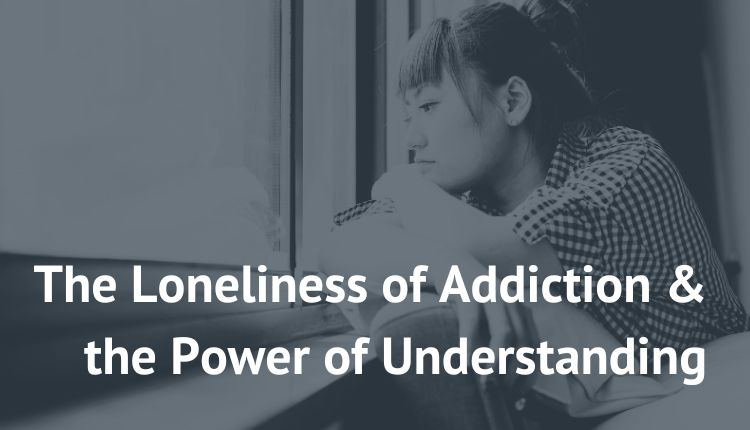Introduction
For individuals facing substance use disorders (SUD), the journey to recovery can be filled with doubt, fear, and isolation. Addiction often brings feelings of loneliness, making it seem like no one truly understands. Intensive Outpatient Programs (IOPs) provide structure for treatment, but one of their most powerful aspects is the chance to connect with others who share similar struggles. This essay examines how finding understanding and empathy in IOPs plays a crucial role in treatment success.
The Loneliness of Addiction
Addiction is frequently called a disease of isolation. The shame and stigma surrounding SUD can push individuals to withdraw from friends, family, and society, leading to a cycle of loneliness. This isolation worsens the addiction, making it harder to seek help. Entering an IOP can feel overwhelming in this context.
One alum from New Paradigm Recovery reflected on her experience of isolation before joining the program. She shared, “Each day felt like a battle I was destined to lose, and I often wondered if anyone could understand the pain I was in.”
The Healing Power of Shared Experience
A key benefit of IOPs is the sense of community they provide. Individuals find themselves among peers who have faced similar challenges and fears. This shared experience can be transformative. As Dr. Gabor Maté, a renowned addiction expert, said, “The opposite of addiction is not sobriety, it’s connection.” When participants in IOPs connect with those who truly understand, isolation is replaced with empathy and support.
The same participant from New Paradigm Recovery said, “There’s something deeply healing about being understood. When I shared my story, I saw nods, tears of empathy, and words of encouragement. It felt like a weight had been lifted. I wasn’t alone anymore.”
The Role of Group Therapy in Overcoming Loneliness
Group therapy is a core part of IOPs and provides a space for individuals to build connections. Through sharing their stories, struggles, and victories, participants begin to break free from isolation. According to Yalom and Leszcz’s research on group psychotherapy, group experiences can inspire hope, offer support, and help individuals learn healthier ways to trust and relate to others.
Empathy and Emotional Support
The empathy and emotional support found in IOPs can be profoundly validating. When individuals hear their own experiences echoed in the stories of their peers, they realize they are not alone in their struggles. This realization can be a turning point, offering a sense of belonging and acceptance that is often missing in their lives. As Brené Brown, a leading researcher on vulnerability and empathy, notes, “Empathy is the antidote to shame.” In IOPs, empathy helps dissolve the shame associated with addiction, allowing individuals to open up and engage more fully in their treatment.
Building Trust and Accountability
Trust is a fundamental component of successful recovery, and it is nurtured in the relationships formed within IOPs. When individuals feel understood and supported, they are more likely to trust the process. Likewise, they also gain trust in the people guiding them through it. This trust extends to accountability, as peers in the program hold each other responsible for their actions and commitments. The sense of shared responsibility can strengthen an individual’s resolve to stay sober and adhere to their treatment plan.
Personal Growth and Transformation
The connections made in IOPs also facilitate personal growth and transformation. As individuals witness the progress and resilience of their peers, they are inspired to persevere in their own recovery journey. These relationships provide models of hope and resilience, demonstrating that change is possible. The collective experience of overcoming challenges together fosters a sense of empowerment and self-efficacy.
The Ripple Effect of Connection
The impact of finding understanding in IOPs extends beyond the individual. As patients build healthier relationships within the program, they often begin to repair and strengthen their relationships outside of it. The skills learned in group therapy—communication, empathy, and conflict resolution—translate into improved interactions with family, friends, and colleagues. Moreover, this ripple effect contributes to a more supportive and conducive environment for long-term recovery.
Conclusion
The loneliness of addiction can be debilitating. Finding people who understand you in an Intensive Outpatient Program for Substance Use Disorders can be a life-changing experience. The empathy, support, and sense of community that emerge from these connections play a crucial role in the success of treatment. By breaking the cycle of isolation and fostering a network of understanding, IOPs offer individuals a pathway to not only sobriety but also meaningful, lasting change. In the embrace of shared experience, patients discover the strength to heal, grow, and reclaim their lives from the shadows of addiction.

